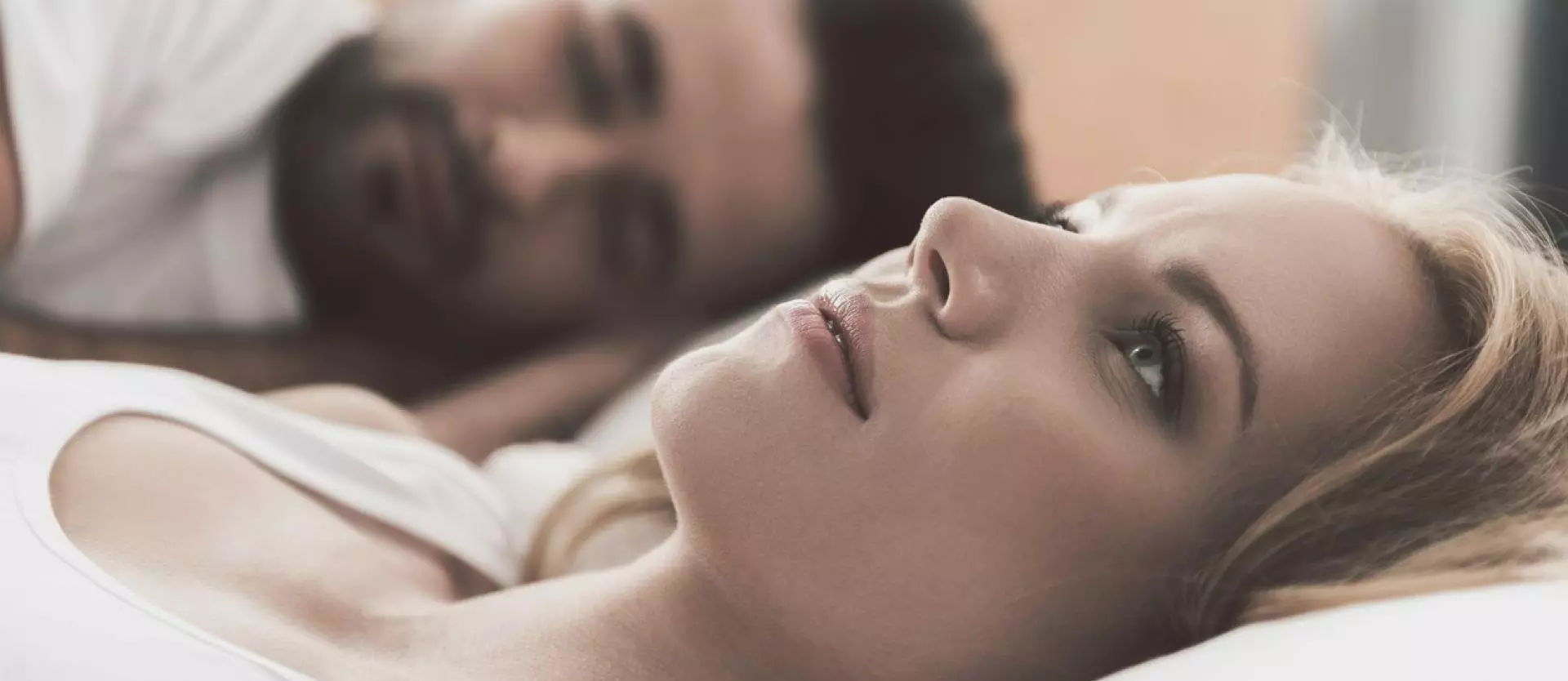Everyone faces stress. Some people deal with stress on a daily basis. The amount of it and the severity of it can change rapidly from one day to the next. When stress is happening, the last thing you may be thinking about is the way your hair looks. However, stress is not good for your body, and for the same reason, it is not good for your hair. If you are like many people, though, you know that reducing stress is easier said than done. Take a look at a few of the most common ways that stress can impact the way your hair looks and feels. Then, consider a few ways to de-stress. Your hair will thank you!
Stress is a common problem for women and men. When it occurs, it creates a change in the hormones present within the body. The “normal” hormones that work to control the function of every organ and cell in your body are shifted. Instead of focusing on simple tasks like they are supposed to, the body is focused on dealing with the threat that seems to be present. This will cause a shift in hormones. That means that the body’s hormones necessary for key tasks are not in place to be accessible. That leaves changes to your body in multiple ways. Here are a few ways it directly causes changes to your hair and skin.
#1: It Hurts Your Skin
Your skin is a key component of your hair’s health. The skin on your head – your scalp – suffers just as much as any other skin on your body. When you are dealing with constant levels of stress, it can create damage to the hair follicles. This occurs when you develop a rash or inflammation at the skin level due to high-stress levels. If you have these concerns, you could develop a rash, hives, or painful areas. If this occurs, contact your doctor about treatment options.
Then, begin to work on your skin as a whole. This generally means more moisturizing shampoos and conditioners that work to soothe aching skin. You also may want to improve the vitamin A and E that you are getting. They work to help reduce the inflammation present on the skin. This can help to cleanse away bacteria buildup in the hair follicles as well. The end result is a healthy head that’s capable of producing beautiful hair.
#2: It May Gray Faster
Is it true that people can “give” other people gray hair? That is not quite the case. However, stress does play a role in the outcome of their hair coloring. Gray hair can occur as a result of stress. If you are predisposed to have gray hair, stress creates a trigger in your body. This will lead to the stoppage of production of melanin. As a result, your hair no longer has color to it. Though hair does not go gray just because of stress, this is a direct result of high levels of stress on a regular basis.
#3: Your Hair May Thin
Many people will see this occur. The type and amount of hormone present in your body when you are under stress will create changes to the texture of your hair. Stress can cause a person who normally has very thick hair to have significantly less. This happens because it causes hair to enter into the resting period of hair growth for a longer period of time. The good news is that if you are able to reduce your stress levels, you may be able to see this concern reverse itself over time.
#4: It Weakens It
As noted, hormones are not doing their job when you are under stress. A big result here is that it creates weakness in your hair. This is due to the lack of normal sleep patterns. It can also mean that the immune system is not working the way it should. All of this leaves your hair weak. That means it is more vulnerable to toxins. It may fall out easier. It may lack that shine that you love.
The good news is that de-stressing can often fix the problem. Finding ways to relax are well worth it from a hair point-of-view. To learn more, contact the team at Unique Hair Concepts for a free, private hair and scalp analysis.






